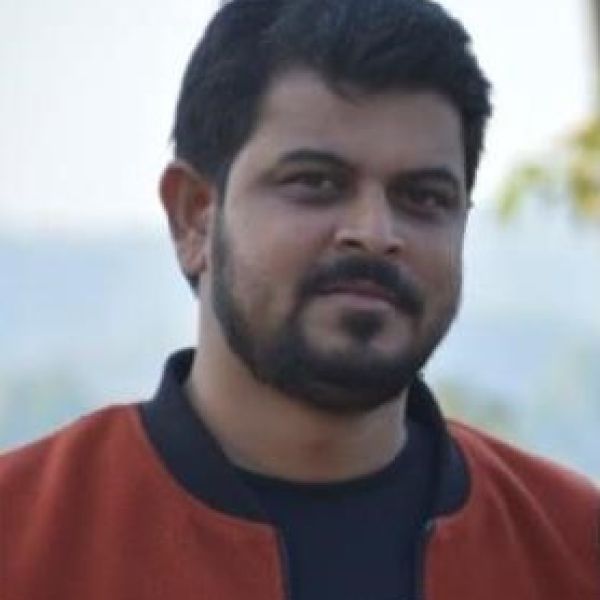Image

Bijoy Goswami has been a sustainable development professional for the last 13 years, with special emphasis on capacity building, coordinating and building relationships with various stakeholders, linking to Education for Sustainable Development (ESD), water and sanitation, biodiversity conservation, and livelihood promotion. As an ee360 Fellow, he conceptualizes and designs capacity-building programs for a number of stakeholders in these areas. At his current organization, Bijoy coordinates a portfolio of activities with approximately 30 partners, including NGO’s and academic institutions across India. He is part of many diverse ESD projects, evaluation & technical reports, and develops training modules at the state and national level. He has been playing a significant role in building numerous partnerships with funding agencies, including corporate, academic, and nonprofit organizations across the globe. Bijoy enjoys storytelling and using communication to foster learning and share his sense of humor. His favorite pastime is cooking, particularly making mouthwatering Indian cuisine.
About Bijoy‘s ee360 Community Action Project
India makes up 17% of the world’s population, yet half of its rural population defecates in the open due to lack of proper WASH infrastructure. Schools in India are the most organized sector to intervene when it comes to communicating a message for development. Bijoy’s ee360 Community Action project, School WASH Card, engages rural Indian schoolchildren, along with their teachers, parents, and community stakeholders in improving water, sanitation, and hygiene (WASH or Watsan) conditions. The project involves a component of Behavior Change Communication towards Water Sanitation and Hygiene for better scholastic outcomes. Through rigorous training and monitoring, the project enables multi-stakeholder participation in its implementation. Poor WASH conditions are a cause of environmental degradation and negatively impacted health and social issues in India. While many programs have addressed WASH, a number of cultural systems hinder its development. Recognizing the great impact that young people can have on this cause and because adult behaviors develop in adolescence, the project aims to engage some of India’s approximately 206 million elementary school-age children. Bijoy's project engages students at 30 elementary schools in Rajasthan, India.